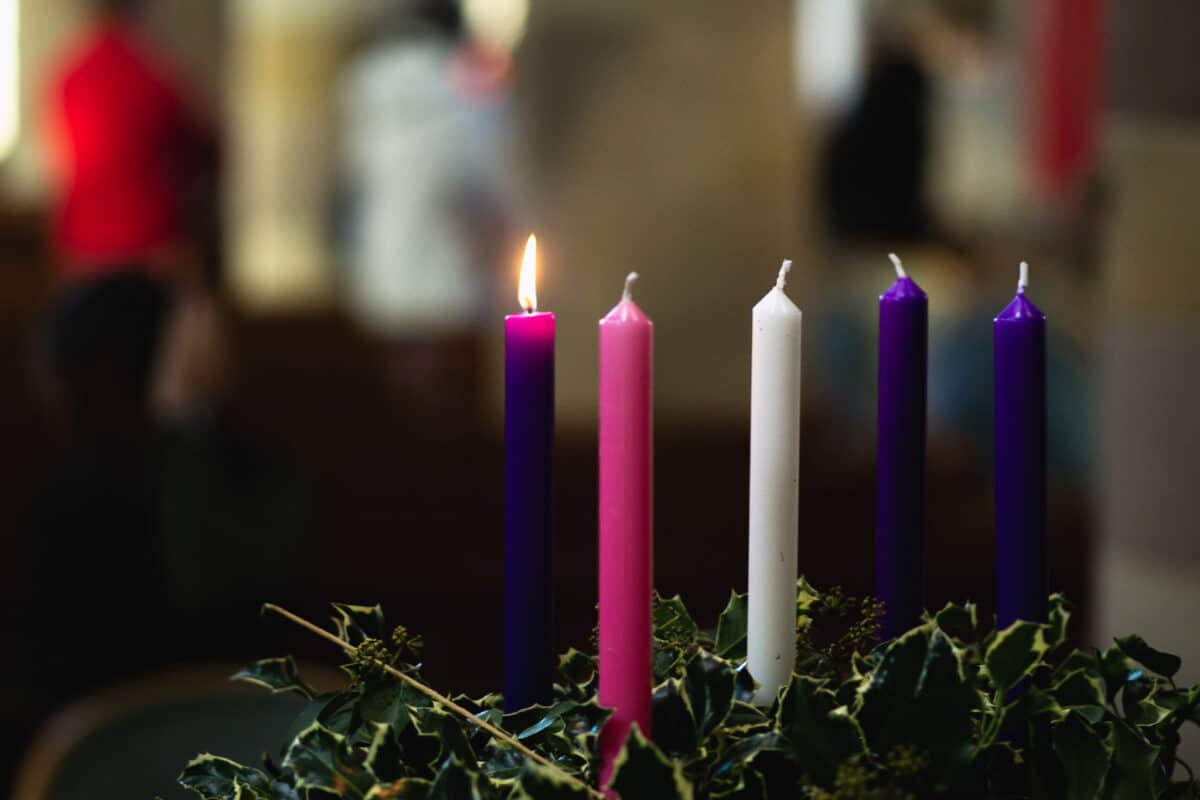Some thoughts and reflections by Celia Webster from WAVE for change.
God is a neurodiverse God – He doesn’t quite think like us. He often sees things from a different angle. He normally doesn’t speak out loud but gives us signs. He doesn’t normally act in a way that we would. He often does things in a way that we view as far too slow!
God did not expect us to aspire to His level of knowing and understanding but came down to our level to dwell amongst us. His humility led Him to become flesh in a stable. The people He wanted to come to the heart of His coming were the shepherds who were not the cleverest. He didn’t use lengthy sermons but sent His angel to be very visual and give clear instructions. He didn’t send a complicated map but gave them a bright star. He didn’t give a lengthy sermon but displayed His love by going to where they were and inviting them to come close to just be with Him!
Churches can be anxious that people with learning disabilities might be disruptive if they make non-verbal noises. Yet in the stable there would have been noise and smells and it wouldn’t have been a quiet affair. Offering a welcome to all means being open to the participation of all and celebrating whatever that participation and contribution might be.
Offer a welcome…
And invite participation by children and adults with additional needs:
- Using a visual timetable on a screen or service sheet so people know where they are in the service.
- Including some sensory experiences – straw to touch, crib figures to handle, incense to smell etc.
- Including some signing (particularly Makaton) for carols, readings and liturgy in the service. Visit ‘Becky Makaton Tutor’ for videos of Makaton signed carols and readings.
- Making simple, inclusive and clear announcements throughout. (Don’t just say ‘stand’ or ‘sit,’ but ‘You are invited to stand at this point if you would like to, or stay sitting down if that is more comfortable for you’).
- Having some visual books telling the Christmas story.
- Providing some sensory or fidget toys.
- Having a couple of people assigned to welcome and support parents/families with a child or adult with additional needs.
- Having a quiet ‘chill-out’ space for those who might need to dip out of the service for a while.
If people are told at the beginning by the church leader that all are welcomed and it is made clear that no one should feel uncomfortable with this, and that they might learn more about Christmas through this welcome than any sermon or carol, then that might be helpful. That having hearts open to all as God did is the main point!
Children and adults with additional needs and their families need a warm welcome and reassurance that they are welcome as they are. Offering a warm welcome at the door and having a space ready and reserved (perhaps some at the front and near the back for people with disabilities) again speaks volumes. It shows a place has been made ready and that they like the shepherds are the guests of honour!
Celia Webster co-founded WAVE for Change (WAVE stading for We’re All Valued Equally). She is passionate about breaking down barriers for people with and without learning disabilities.
